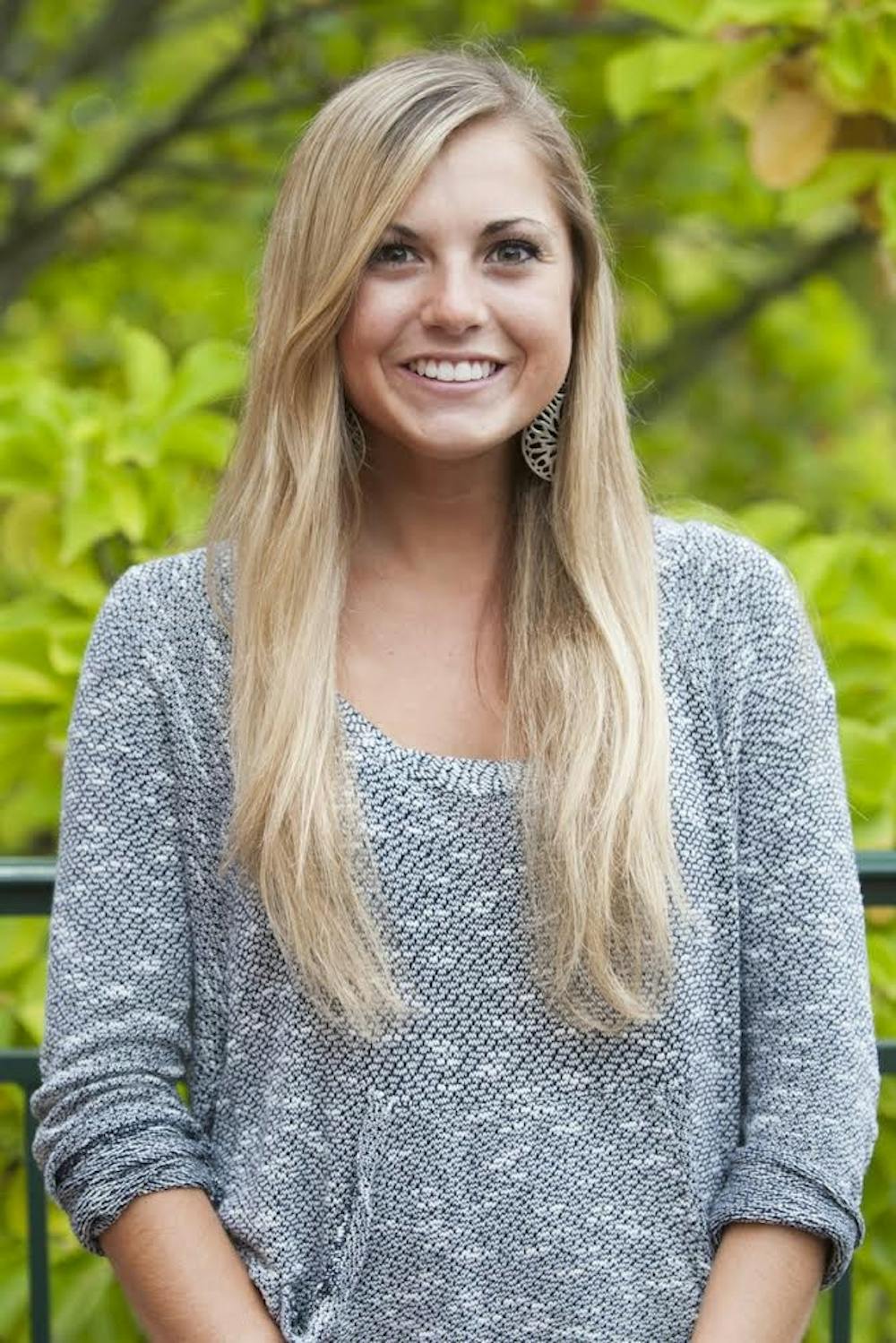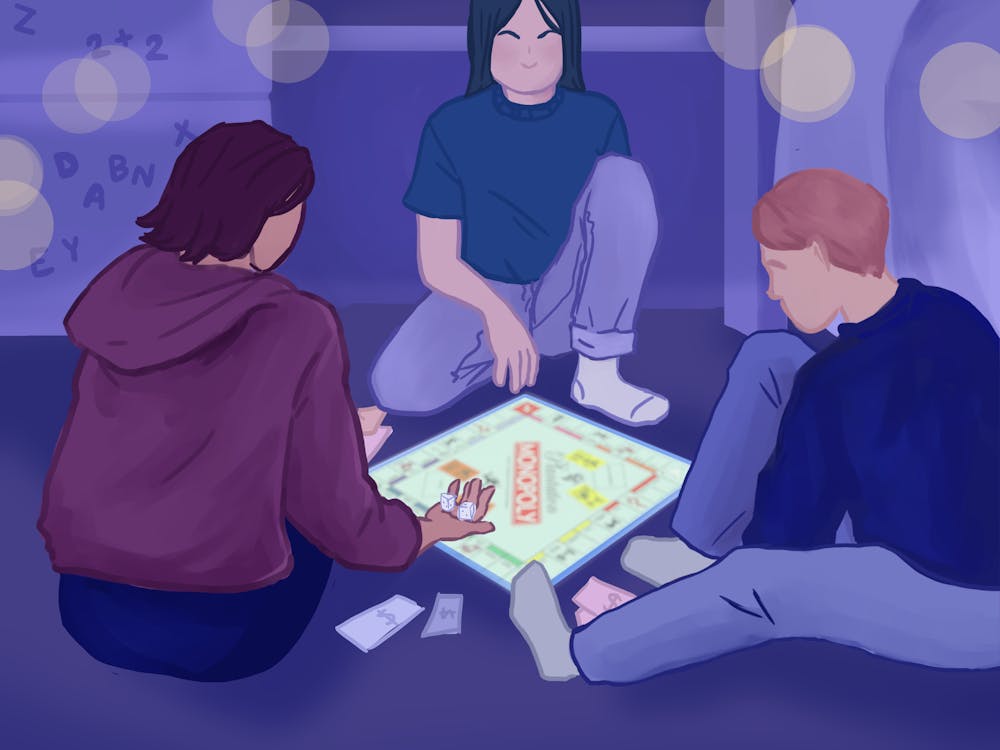“When I was 5 years old, my mother always told me that happiness was the key to life. When I went to school, they asked me what I wanted to be when I grew up. I wrote down ‘happy.’ They told me I didn’t understand the assignment, and I told them they didn’t understand life.”
The message of this anonymous quote, commonly attributed to John Lennon, is certainly edifying — yet it leads me to inquire whether happiness is, in reality, a destination or a lifestyle in and of itself.
This pursuit comes, largely, because a dear friend told me this past week he was “plain unhappy.”
“I’m trying to make myself happy, but I physically can’t, where I’m at,” he said. “This just isn’t what I expected.” For purposes of confidentiality, I won’t go into detail, yet, in that moment, I realized that I had heard similar dispiriting comments from fellow students — and even felt them in myself — too many times for comfort.
I’ve overheard conversations along the lines of: “If I don’t get into the Comm School, I won’t have a job after college.” “If I don’t pass this exam, I’m getting nowhere in life.” And, behold, “I’m going to wind up single and miserable for the rest of eternity.”
These may be common, impulsive thoughts, but, broadly, are they genuinely happiness depriving? In a broader view of things, we all have something to be happy about — that we were all admitted to this esteemed university with wonderful programs, connections and a tightly-knit community. We have supporters — be it our families, friends or past teachers, all of whom helped us get here. Instead of focusing inward about small issues, we should look outward at the large picture, and count our blessings.
In my college journey thus far, I’ve learned that we tend to think of things in the moment rather than view the master plan. We think one bad grade is the end of the world, or that if we’re unhappy where we are, we can’t change it.
Part of this may be because we view happiness as a destination: the light at the end of the tunnel. The only way to be happy is to reserve a spot in the Comm School, or receive a prestigious job offer before graduating or have a romance similar to those in the movies.
However, I believe the key to maintaining happiness throughout our entire journey is to let each situation be what it is, instead of what we think it should be — with a positive, accepting, grateful attitude. As put by Anthony D’Angelo, in my senior quote from high school, “Wherever you go, no matter what the weather, always bring your own sunshine.”
To me, this implies that when life doesn’t go in your favor — you receive an undesirable grade, you feel lonely, you endure hardships — there is always another side to a situation, one you may not be able to initially discern.
After all, adversity only makes us stronger. It teaches us to work harder, realize our self worth, grow and, in turn, be happier.
Happiness, in essence, should be a lifestyle rather than a destination. It’s not letting a grade define you or a professor’s criticism knock you down, but motivating you to study harder next time. It’s realizing your self-worth after a breakup rather than letting it dismay you. It’s not expecting, but letting life take its course. It’s bringing your own sunshine wherever you are, and in turn, sharing it with others.
Instead of searching for the light outside the tunnel, why don’t we carry a torch the entire way?
Madison’s column runs biweekly Wednesdays. She can be reached at m.ruddy@cavalierdaily.com.





